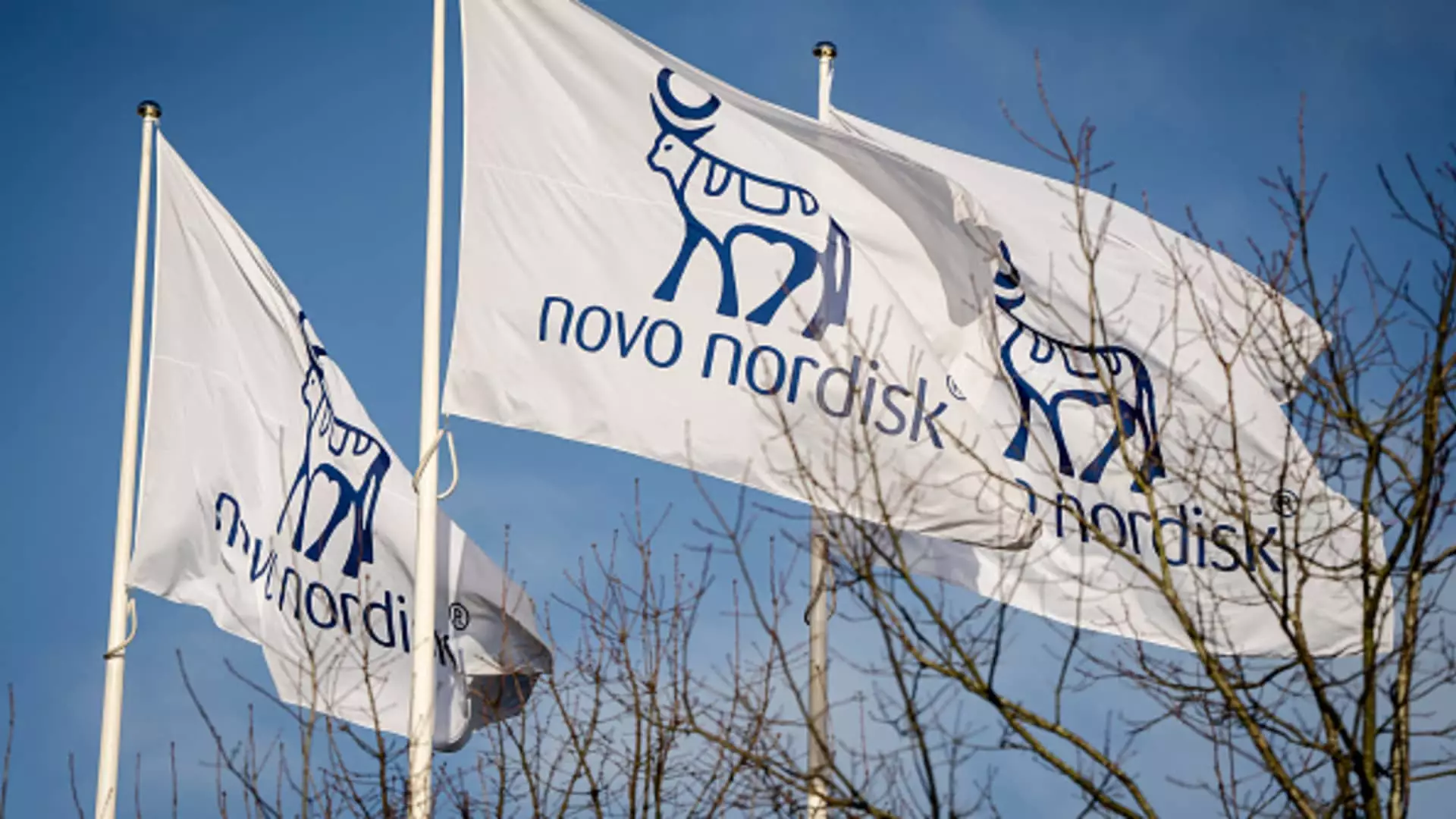In a landmark development, Novo Nordisk unveiled that its diabetes management pill, Rybelsus, has shown impressive cardiovascular advantages after rigorous late-stage trials. Generally speaking, diabetes and heart disease often coexist, leading to dire consequences for patients. For those looking to manage both conditions, the pill’s ability to lower cardiovascular-related fatalities, heart attacks, and strokes by 14% over an average of four years casts a promising light on a new treatment paradigm. This could potentially redefine how both conditions are treated concurrently, bringing fresh hope to patients who are already burdened by their complicated health issues.
One might argue that pharmaceutical innovations are arriving too late for many who are unable to manage their dual diagnoses effectively. However, the emerging efficacy of Rybelsus stands as an emblem of progress. It raises questions about how much longer we can afford to wait for healthier, more manageable technologies in the fight against chronic illnesses.
The Surprising Shift to Oral Medication
Rybelsus, a once-daily oral formulation, marks a significant departure from Novo Nordisk’s established injectable diabetes therapies, like Ozempic. The importance of this innovation cannot be overstated. For a considerable segment of diabetic patients, the anxiety surrounding injections can deter them from seeking necessary treatment. Stephen Gough, Novo Nordisk’s global chief medical officer, confirms the increasing patient preference for pill-based therapies, suggesting that this oral treatment will not just broaden access but also enrich the quality of life for those averse to needles.
As our healthcare landscape continues to evolve, we must question whether traditional delivery methods are effectively serving all communities. The advent of oral medications like Rybelsus implies a potential shift in patient autonomy. Patients who might have been hesitant due to the fear of needles can now partake in their treatment with dignity. Isn’t it time that we prioritized patient comfort alongside healthcare advancements?
Comparative Effectiveness: Rybelsus vs. Injectables
While Rybelsus has yielded promising results, it’s essential to compare its efficacy against injectable therapies like Ozempic and Wegovy. The trial highlighted that Rybelsus showed comparable cardiovascular protective effects to previous injectable GLP-1 medications. If 12% of Rybelsus users faced cardiovascular-related events versus an alarming 13.8% from the placebo group, the results illustrate not just an innovative therapy but also a profound commitment to patient safety.
Nonetheless, the question remains: are we fully maximizing the potential of Rybelsus? For example, although this pill provided significant cardiovascular benefits, its kidney function outcomes were deemed insignificant. Shouldn’t comprehensive studies aim to address the full spectrum of patient health, including kidney function? Such omissions could inhibit overarching treatment strategies for patients dealing with multi-faceted issues.
Impact on Healthcare Access and Equity
Beyond its medical efficacy, the advent of Rybelsus could herald a new chapter in healthcare equity. As treatment remains a privilege rather than a right in many areas, providing a more accessible oral option could serve those in underserved communities who struggle with diabetic management. The impact of socioeconomic factors on health choices begs the question: how effective can treatments be if they are unreachable?
Further, Novo Nordisk’s decision to actively pursue expanded approvals for cardiovascular risk reduction underscores their commitment to addressing unequal healthcare access. The existing healthcare model often falls short for underprivileged groups, who may not have regular access to healthcare providers. An oral medication like Rybelsus could break down some of those barriers, offering a more equitable path for patients who have long been left behind in the evolution of diabetes therapies.
Side Effects: A Necessary Trade-off?
Of course, no medication comes without potential drawbacks, and Rybelsus is no exception. The predominant side effects, primarily gastrointestinal issues (nausea, diarrhea, and constipation), raise a critical dialogue regarding patient tolerance and compliance. While the occurrence of these side effects did not lead to significant patient withdrawal from treatment, the experience remains uncomfortable for many.
It’s imperative, as we approach these innovations, to take patient quality of life into account. Are we willing to accept transient discomfort for robust long-term cardiovascular health? For some, this may well represent a tolerable trade-off—yet we must remain vigilant about patient feedback and maintain an open dialogue about any negative experiences related to side effects.
Rybelsus offers a promising entry point into a new age of diabetes management and cardiovascular care. However, the conversation surrounding healthcare innovation must evolve to address not only the medications themselves but the wider social, psychological, and emotional implications they carry.


Leave a Reply